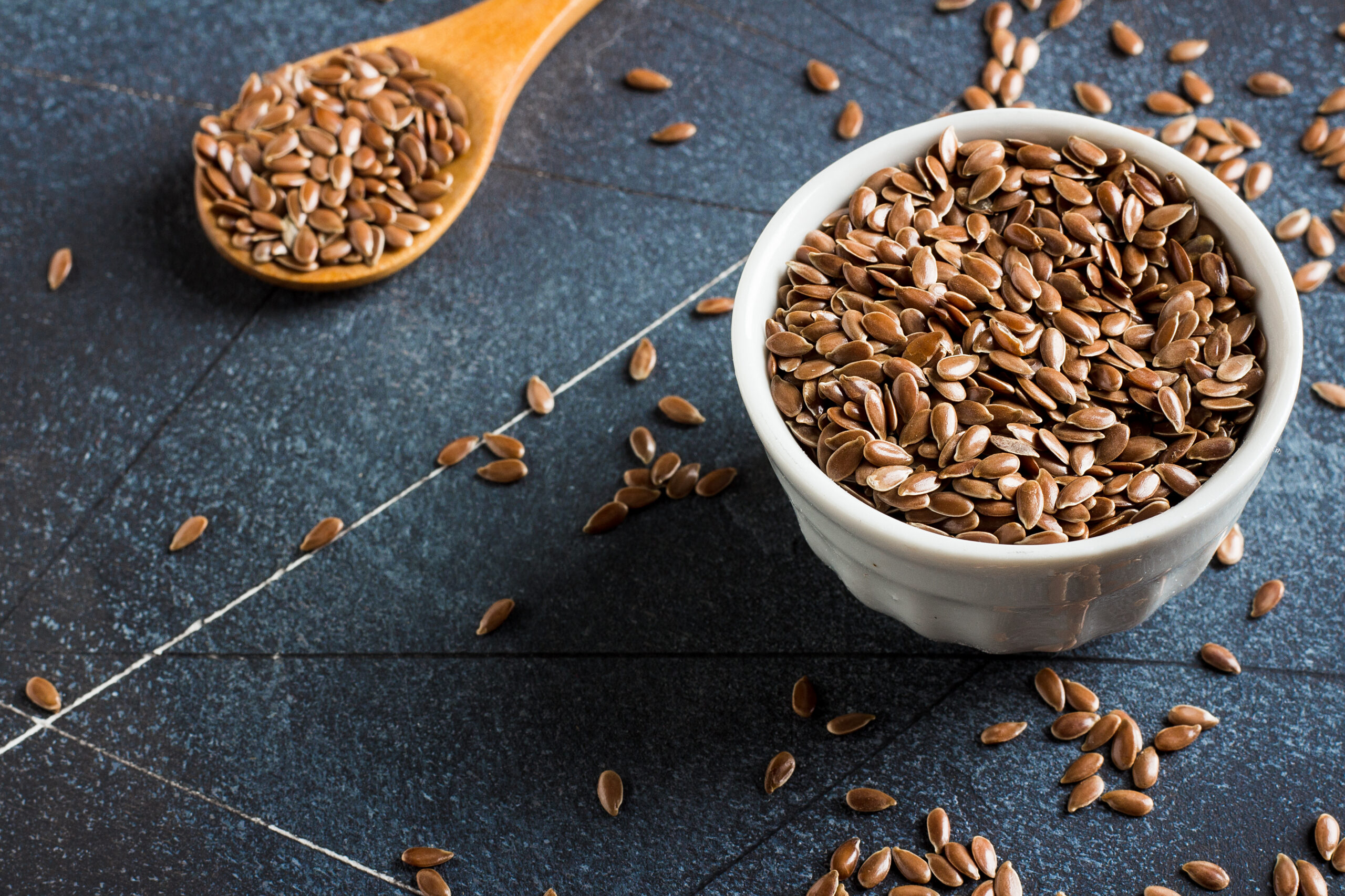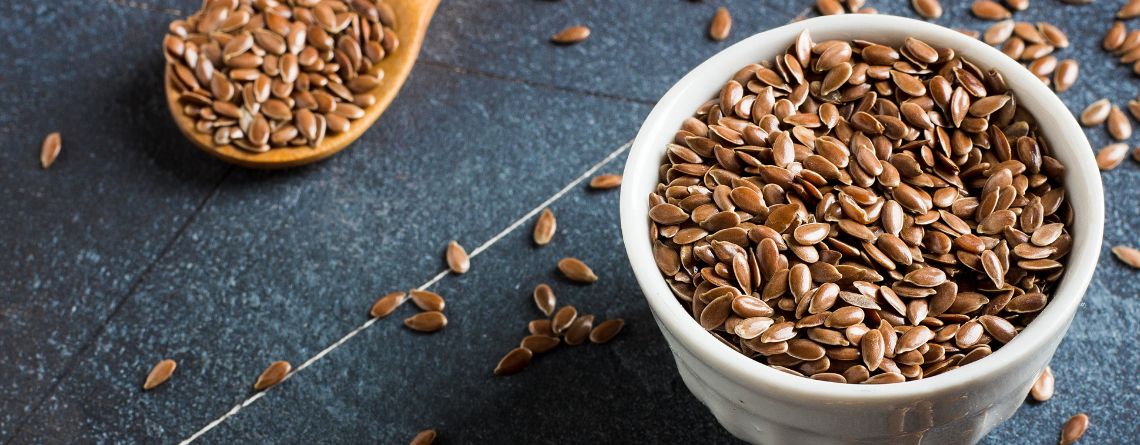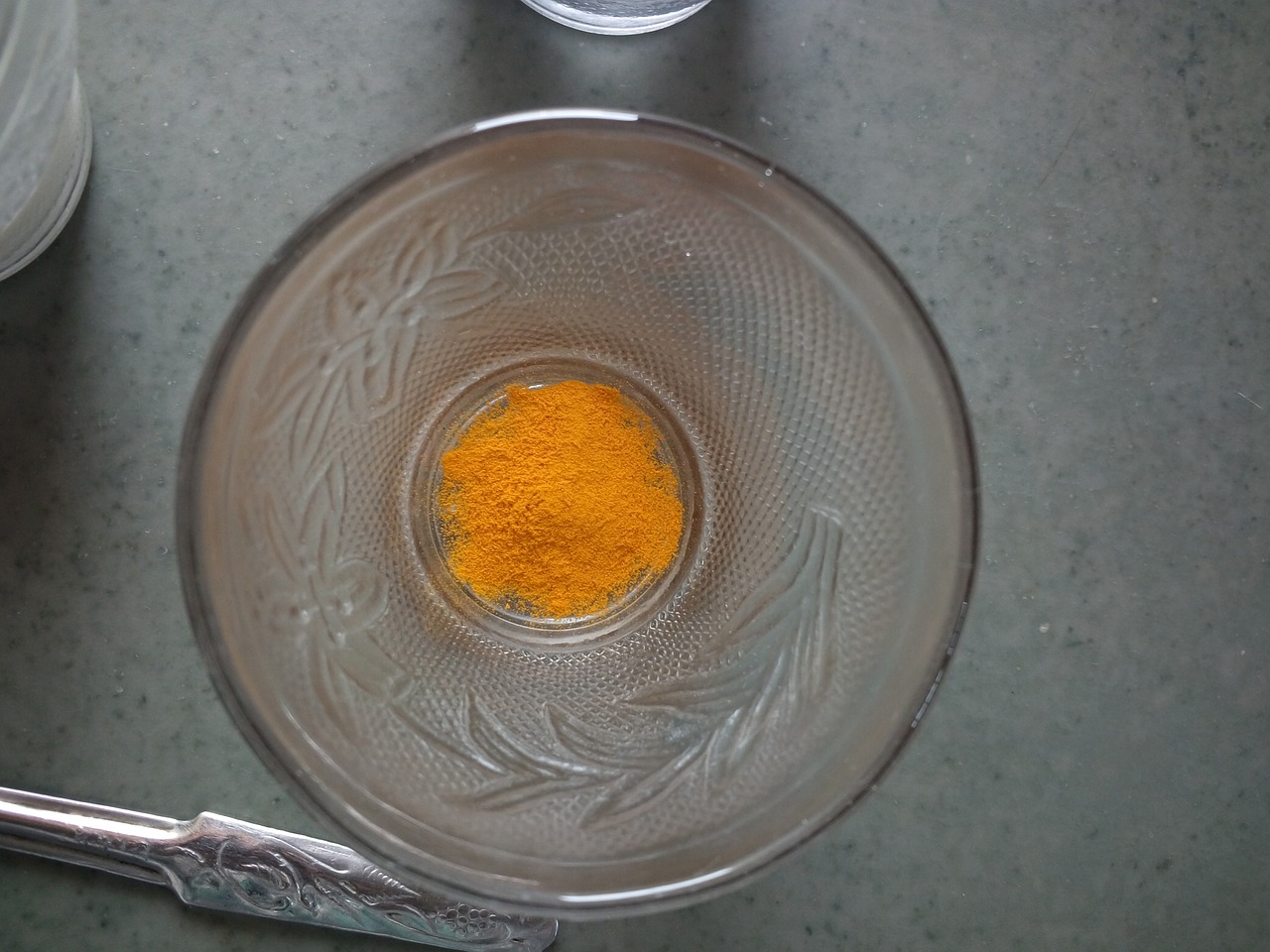The Remarkable Benefits of Flaxseeds: Nature’s Nutrient-Packed Powerhouse
Flaxseeds, one of the world’s oldest crops, are rapidly gaining recognition as a powerful superfood with a wide range of health benefits. These tiny seeds, rich in omega-3 fatty acids, fiber, and antioxidants, have been associated with a reduced risk of chronic diseases such as heart disease, diabetes, and even cancer. But what makes them truly exceptional is their potential to not only support overall health but also to protect against the harmful effects of radiation, as new research suggests.
Nutritional Power of Flaxseeds
These amazing seeds pack a nutritional punch. They are a rich source of:
- Omega-3 Fatty Acids: Particularly alpha-linolenic acid (ALA), which is essential for heart health. Omega-3s help reduce inflammation and lower the risk of heart disease by improving cholesterol levels and blood pressure.
- Lignans: These plant compounds have antioxidant properties and are converted into enterolactone and enterodione in the gut, which may play a role in hormone balance and cancer prevention.
- Fiber: Flaxseeds are an excellent source of both soluble and insoluble fiber, promoting gut health, aiding digestion, and helping regulate blood sugar levels.
- Protein: A good plant-based protein option for vegetarians and vegans, flaxseeds provide essential amino acids needed for muscle repair and overall body function.
The Health Benefits of Flaxseeds

1. Heart Health: These seeds are widely known for their cardiovascular benefits. The omega-3 fatty acids they contain help lower blood pressure, reduce bad cholesterol (LDL), and decrease inflammation, all of which contribute to better heart health.
2. Digestive Health: With a high fiber content, these support digestive regularity and may help prevent constipation. The soluble fiber in these seeds helps to slow digestion and regulate blood sugar levels, while the insoluble fiber adds bulk to stool.
3. Hormonal Balance and Cancer Prevention: The lignans in these seeds have phytoestrogenic properties, meaning they can mimic or regulate the body’s estrogen levels. This can be particularly beneficial for women in menopause, as lignans may help alleviate symptoms. Moreover, studies suggest that lignans might play a role in reducing the risk of hormone-related cancers, such as breast and prostate cancer.
4. Weight Management: Because flaxseeds are rich in fiber, they can help you feel fuller for longer, reducing the urge to snack between meals. The combination of fiber and omega-3s also promotes a healthy metabolism, which is key for weight management.
5. Blood Sugar Regulation: These help to stabilize blood sugar levels due to their high fiber content, making them an excellent addition to the diet for individuals with type 2 diabetes or insulin resistance.
Flaxseeds and Radiation Protection: Breakthrough Research
In addition to these well-documented health benefits, groundbreaking research has emerged showing that flaxseeds may offer protection against the harmful effects of radiation therapy, particularly in patients with lung cancer.
Radiation therapy is a common treatment for patients with unresectable, locally-advanced Non-Small Cell Lung Cancer (NSCLC). However, this treatment often comes with a significant risk of Radiation-Induced Lung Injury (RILI), which affects up to 30% of lung cancer patients. RILI ranges from acute radiation pneumonitis (inflammatory lung disease) to chronic radiation fibrosis, where the functional lung tissue is replaced by fibrotic tissue, limiting breathing capacity.
Radiation generates oxidative stress in the body, characterized by the increased production of free radicals, including reactive oxygen species (ROS) and nitrogen species (RNS). These free radicals accelerate damage to DNA, proteins, and lipids, leading to inflammation, lung injury, and, ultimately, fibrosis.
Flaxseeds: Nature’s Shield Against Radiation Damage
Recent studies from the Perelman School of Medicine at the University of Pennsylvania have found that flaxseeds can protect lung tissues from radiation damage. This is a promising development for lung cancer patients undergoing radiation therapy.
These seeds contain a compound called Secoisolariciresinol Diglucoside (SDG), a potent lignan with strong antioxidant properties. SDG is converted in the body to Enterolactone (EL) and Enterodione (ED), both of which have been shown to scavenge free radicals, reduce oxidative stress, and inhibit lipid peroxidation, which is the process where free radicals damage cell membranes.
Research Highlights:
- Anti-Inflammatory & Antioxidant Properties: Flaxseeds help reduce the levels of pro-inflammatory cytokines and oxidative stress markers in the body, making them effective at lowering inflammation and mitigating radiation-induced lung damage.
- Pulmonary Health: Studies have shown that flaxseeds improve pulmonary hemodynamics, meaning they help maintain normal blood flow and oxygenation levels in the lungs after radiation therapy.
- Reduced Lung Damage: Mice fed a flaxseed diet post-radiation therapy experienced a decrease in lung inflammation, fibrosis, and overall damage.
- No Impact on Tumor Control: Importantly, dietary flaxseed did not reduce the effectiveness of radiation in targeting and killing cancer cells.
This research supports the idea that these seeds can act both as a protector before radiation exposure and a mitigator after exposure. Incorporating flaxseeds into the diet of lung cancer patients could potentially increase their radiation tolerance, reduce the side effects of radiation therapy, and improve survival rates.
The Practical Benefits of Flaxseeds in Everyday Life
Incorporating them into your diet is simple and affordable. Here are a few easy ways to add flaxseeds to your meals:
- Smoothies: Add a tablespoon of ground flaxseeds to your morning smoothie for a fiber and omega-3 boost.
- Salads: Sprinkle whole or ground flaxseeds on top of salads for a nutty flavor and extra crunch.
- Baked Goods: Substitute part of the flour in muffins, pancakes, or bread with ground flaxseeds to enhance the nutritional value.
- Oatmeal: Stir a tablespoon of flaxseeds into your oatmeal for added fiber and heart-healthy fats.
- Soups and Stews: Mix ground flaxseeds into soups or stews to thicken and boost nutrition.
Find a recipe for flaxseed chutney here.
Conclusion
Flaxseeds are a simple, natural, and nutrient-dense food that can provide a range of health benefits, from promoting heart and digestive health to balancing hormones and aiding in weight management. Most impressively, new research shows that flaxseeds have the potential to protect against radiation damage, offering hope for cancer patients undergoing radiation therapy. Incorporating flaxseeds into your diet is an easy and cost-effective way to boost your health while tapping into their remarkable protective properties.
Let these small but mighty seeds play a big role in improving your wellness!
Disclaimer: Always make an informed decision. Do it if it suits you, avoid it if it doesn’t. Keep your doctor in the loop before trying anything new, especially if you are undergoing treatment or medications.
|
From a pimple to cancer, our You Care Wellness Program helps you find a way Talk to our integrative team of experts today 18001020253 |










Leave a Reply